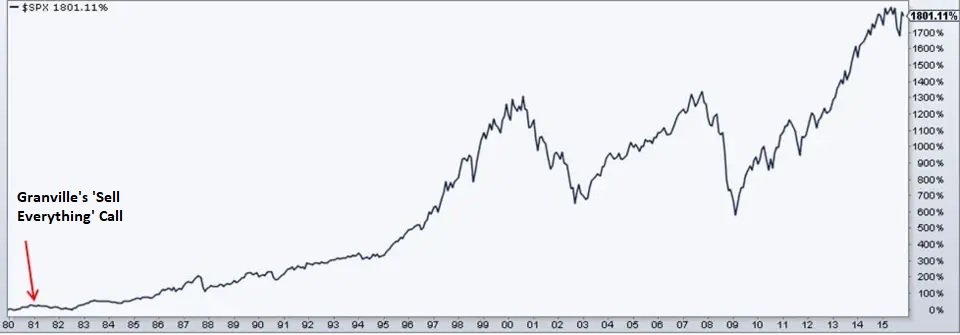That view is a popular misconception that confuses personal finance with corporate and government finance. Unlike personal debt, corporate, agency and government debt never needs to be repaid. It is typically perpetual, with the proceeds from new debt issuances being used to pay maturities of existing debt.
We have no expectation that our largest corporations "repay" their debt so why would we expect that government debt would be repaid? Unlike people that have limited lives, corporations and governments are perpetual.
I often hear that we are bulding debt that has to be paid by of kids and grandkids but its not true, it doesn't ever need to be paid because it is continually rolled over.
On the last part, I am concerned with the rate of growth of the debt vs the growth of the economy and would agree that the level of annual deficits needs to be addressed, but the level of debt is not yet so extreme to be a concern but could be someday if we don't change our taxes and spending.
Now I'm really confused. If the debt can be repaid without raising taxes or reducing spending, then just were does the money to pay the national debt come from?



